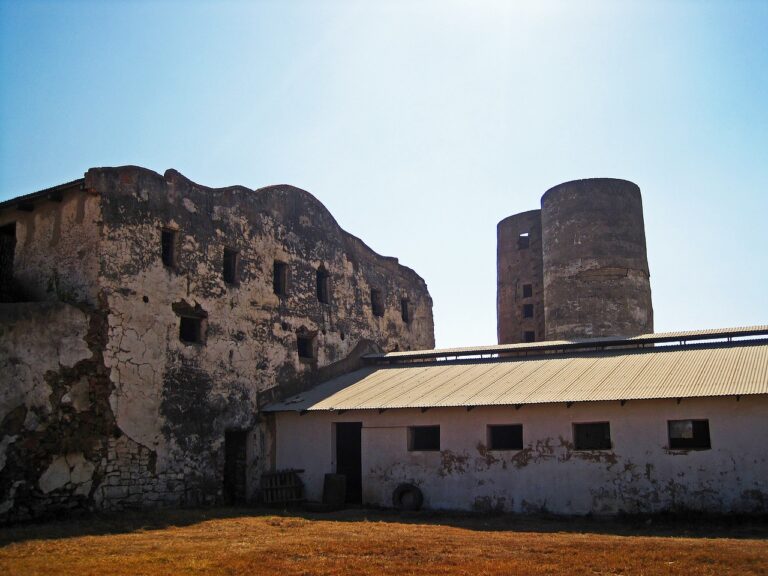The Importance of Community Engagement in Eco-Tourism: My 99 exch, Laser book 247 com registration, Yolo247 club login
my 99 exch, laser book 247 com registration, yolo247 club login: The Importance of Community Engagement in Eco-Tourism
When it comes to eco-tourism, one of the key factors that can make or break a destination’s success is community engagement. Engaging local communities in eco-tourism initiatives not only fosters a sense of ownership and pride in their environment but also ensures the sustainability of the tourism practices in the long run. In this blog post, we’ll explore why community engagement is essential in eco-tourism and how it can benefit both the local communities and the environment.
1. Preserving Cultural Heritage
Engaging local communities in eco-tourism allows visitors to experience the authentic culture and traditions of the destination. By involving the community in the tourism activities, we can ensure that cultural heritage is preserved and celebrated, rather than exploited for commercial gain.
2. Empowering Local Economies
When local communities are actively involved in eco-tourism initiatives, they can benefit financially from tourism activities. This can create sustainable livelihoods for community members and reduce their dependence on destructive practices like logging or poaching.
3. Enhancing Environmental Conservation
Community engagement in eco-tourism can also lead to better conservation efforts. When local communities are invested in protecting their natural surroundings, they are more likely to participate in conservation activities and enforce sustainable practices to preserve the environment for future generations.
4. Creating Authentic Experiences
Visitors are increasingly seeking authentic and meaningful experiences when they travel. By involving local communities in eco-tourism, we can offer visitors a more immersive and genuine experience that goes beyond the typical tourist attractions.
5. Fostering Cross-Cultural Exchange
Community engagement in eco-tourism can also lead to greater cross-cultural exchange between visitors and locals. This can promote mutual understanding, respect, and appreciation for different cultures, ultimately fostering a more inclusive and harmonious global community.
6. Building Sustainable Partnerships
Engaging local communities in eco-tourism initiatives helps build long-term partnerships between stakeholders, including government agencies, NGOs, and private businesses. These collaborations are essential for the successful management of eco-tourism destinations and the continued support of sustainable practices.
FAQs on Community Engagement in Eco-Tourism
Q: How can local communities benefit from eco-tourism?
A: Local communities can benefit from eco-tourism by generating income through tourism activities, preserving their cultural heritage, and creating sustainable livelihoods.
Q: How can tourists support community engagement in eco-tourism?
A: Tourists can support community engagement in eco-tourism by choosing responsible tour operators that prioritize local engagement, respecting local customs and traditions, and supporting community-led initiatives.
Q: What are some examples of successful community engagement in eco-tourism?
A: Examples of successful community engagement in eco-tourism include the Guna Yala region in Panama, where the indigenous community manages their tourism activities sustainably, and the Masai Mara in Kenya, where local communities have partnerships with tour operators to protect wildlife and natural habitats.
In conclusion, community engagement plays a crucial role in the success and sustainability of eco-tourism initiatives. By involving local communities in tourism activities, we can ensure the preservation of cultural heritage, empower local economies, enhance environmental conservation efforts, create authentic experiences for visitors, foster cross-cultural exchange, and build sustainable partnerships. When local communities are at the forefront of eco-tourism initiatives, everyone benefits – from the communities themselves to the environment and the tourists who visit.







